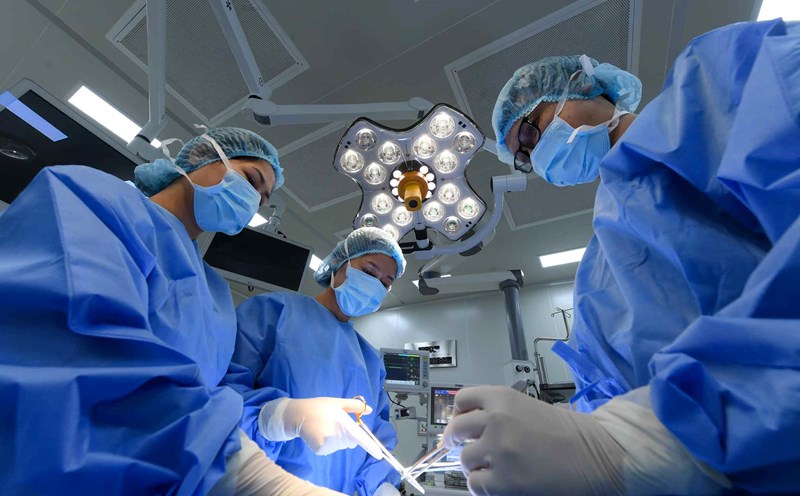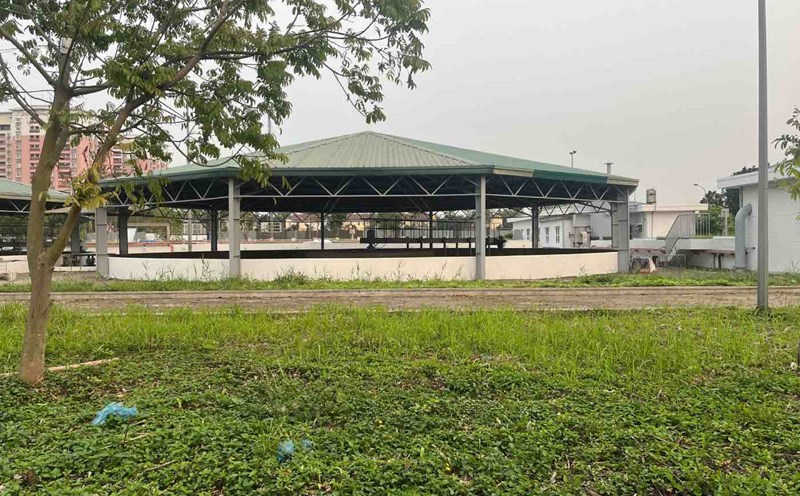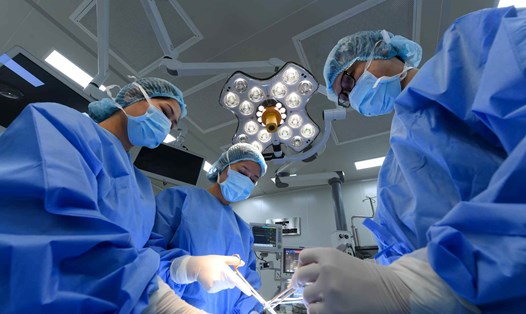Decree 56/2011/ND-CP, issued on July 4, 2011, stipulates preferential allowances according to occupation for civil servants and public employees in the health sector at public facilities. After nearly 14 years of implementation, this policy has revealed many shortcomings, low allowances are not commensurate with efforts, risks and professional pressure, especially in grassroots health care.
A doctor at Bach Mai Hospital shared that the current allowances are not enough to compensate for the time and high intensity of work, while the working environment is still lacking, with unsecured income, causing many health workers to be discouraged, leading to a shortage of human resources.
The Ministry of Health is drafting a new decree to adjust treatment policies, attract and retain qualified doctors and nurses, especially at the grassroots level and in the field of preventive medicine.
The increase in allowances aims to improve life and motivate medical staff to confidently contribute. The Ministry of Health proposes preferential allowances according to the profession including: 70% for civil servants working in special fields such as testing, treatment of leprosy, tuberculosis, mental health, HIV/AIDS and group A infectious diseases; 60% for people working in fields such as other infectious diseases, emergency 115, border quarantine, chemotherapy, nuclear medicine; 50% and 40% for jobs such as anesthesia, resuscitation, diagnostic imaging, public health.
In commenting on the draft Decree regulating preferential allowances for civil servants and employees at public health facilities, the Department of Medical Examination and Treatment Management (Ministry of Health) stated: According to the provisions of Circular No. 16/2018/TT-BYT, civil servants doing professional work in infection control are practically preventive medicine, working daily at clinical departments to monitor, detect infection cases, organize quarantine; daily inspection, supervision and guidance for medical staff of clinical departments to comply with regulations and procedures for infection prevention. In addition, a large number of infection control officers have to deal with sources of pollution and toxic chemicals every day when handling all tools, fabrics and waste generated from clinical and testing departments.
In fact, more than 20 years of implementing infection control work show that infection control officials always face great psychological pressure because they do disease prevention work in a medical examination and treatment environment, but do not receive additional income from medical examination and treatment services. They also work in conditions of shortage of human resources with expertise, equipment, means, etc.
Adjusting the preferential allowance to 60% for infection control officers not only helps medical facilities maintain stable human resources but also facilitates the recruitment of high-quality human resources.
Dr. Nguyen Viet Hung - former Head of the Infection Control Department (Bach Mai Hospital), Vice President of the Hanoi Infection Control Association - said that after the Infection Control Association proposed an increase in allowances, there was a response. In the latest draft, the allowance for people working in infection control has been adjusted from 40% to 50%. Although this is a positive step forward, it has not yet demonstrated the fairness that the infection control team deserves to receive.
The most reasonable and commensurate allowance should be 70%, equivalent to for preventive medicine staff. However, the proposal of the Department of Medical Examination and Treatment Management (Ministry of Health) to increase to 60% - equal to the level for those working directly with infected patients, emergency patients and intensive care patients - is also a valuable proposal and needs to be noted" - Dr. Nguyen Viet Hung said.











